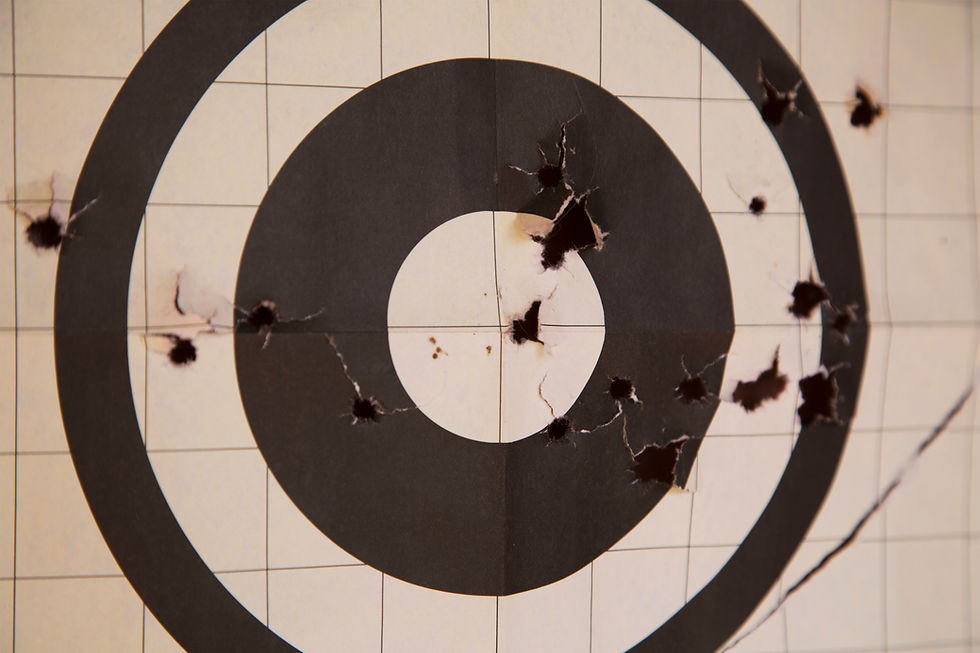Confidence in the Life of a Day Trader
- Paul Nawrocki
- Aug 23, 2025
- 2 min read

In day trading, confidence is not just a personality trait—it’s a skill that separates amateurs from professionals. The ability to act decisively in an environment of uncertainty defines whether a trader survives or fails. But what does true confidence mean for a day trader, and how can it be developed?
1. What Confidence Really Means in Day Trading
Confidence in trading is not about arrogance or believing you can predict the market. Instead, it’s about trusting your process and executing your plan consistently, regardless of short-term results.
As Mark Douglas, author of Trading in the Zone, wrote:
“The best traders aren’t right more often, they’ve simply learned how to manage risk better than the rest.”
Confidence comes from accepting uncertainty and still being willing to act without hesitation.
2. Confidence vs. Overconfidence
While confidence is essential, overconfidence is dangerous. New traders often confuse a streak of winning trades with skill, which can lead to reckless risk-taking.
As Alexander Elder, in Trading for a Living, warns:
“The goal of a successful trader is to make the best trades. Money is secondary.”
True confidence means sticking to your rules, not chasing money or believing you’re invincible.
3. The Source of Confidence for Day Trader: Preparation and Practice
Confidence doesn’t appear overnight. It is built step by step through preparation, journaling, and reviewing trades. The more data you gather, the more you trust your edge.
As Brett Steenbarger, trading psychologist and author of The Psychology of Trading, explains:
“Confidence is earned by mastery. The more you master your process, the more confident you become in facing the market’s uncertainty.”
Practical steps include:
Practicing strategies in a simulator before going live.
Reviewing both winning and losing trades to learn from them.
Setting realistic expectations rather than hoping for quick riches.
4. Confidence in Action
Confidence shows up in everyday trading decisions:
Taking a valid setup without hesitation.
Sticking to stop-loss levels without moving them.
Letting winners run according to plan instead of exiting out of fear.
As William O’Neil, author of How to Make Money in Stocks, put it:
“What seems too high and risky to the majority generally goes higher, and what seems low and cheap generally goes lower.”
This reminds traders that confidence often means acting against the crowd, guided by your own tested system.
5. Building Lasting Confidence in day trader's life
Start small: Confidence grows as you see your strategy work with small amounts.
Trust probabilities: You don’t need to win every trade—just follow your edge.
Detach ego from outcomes: Confidence is about execution, not perfection.
Final Thought
Confidence in day trading is not a gift; it’s a discipline. By learning from mistakes, managing risk, and trusting the probabilities, traders develop the calm certainty needed to act in the heat of the market.
Mark Douglas said it best:
“Anything can happen. You don’t need to know what is going to happen next in order to make money.”
When a trader truly accepts this, confidence becomes their greatest ally.







Comments